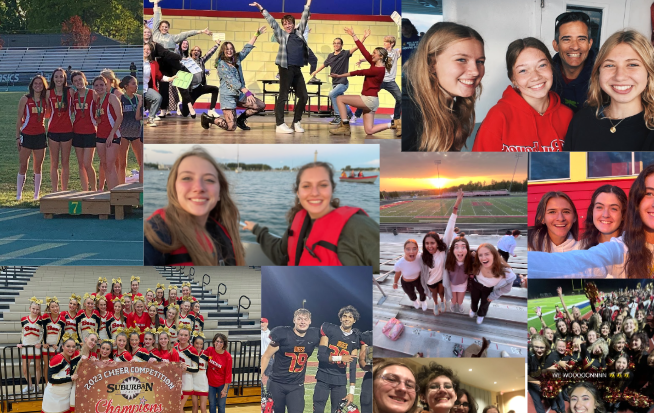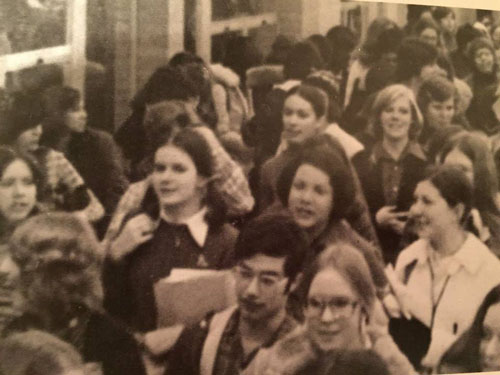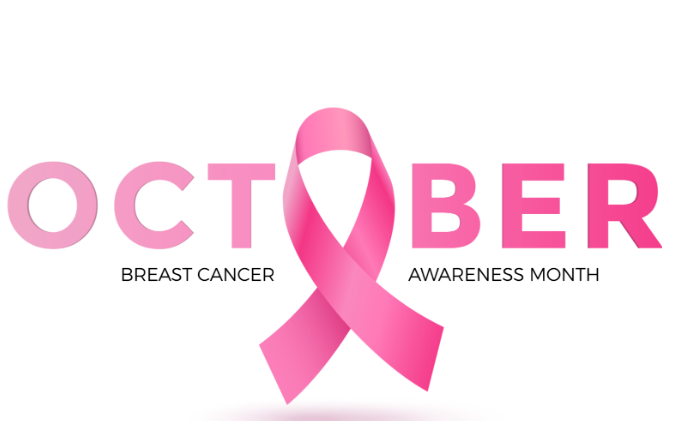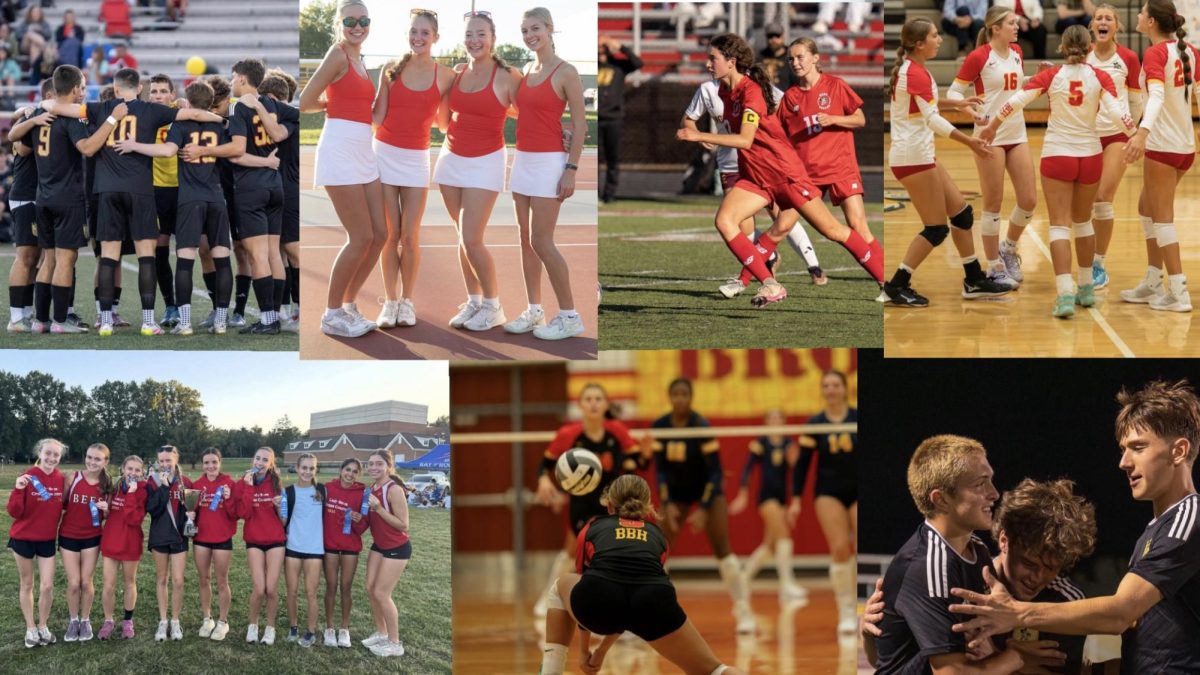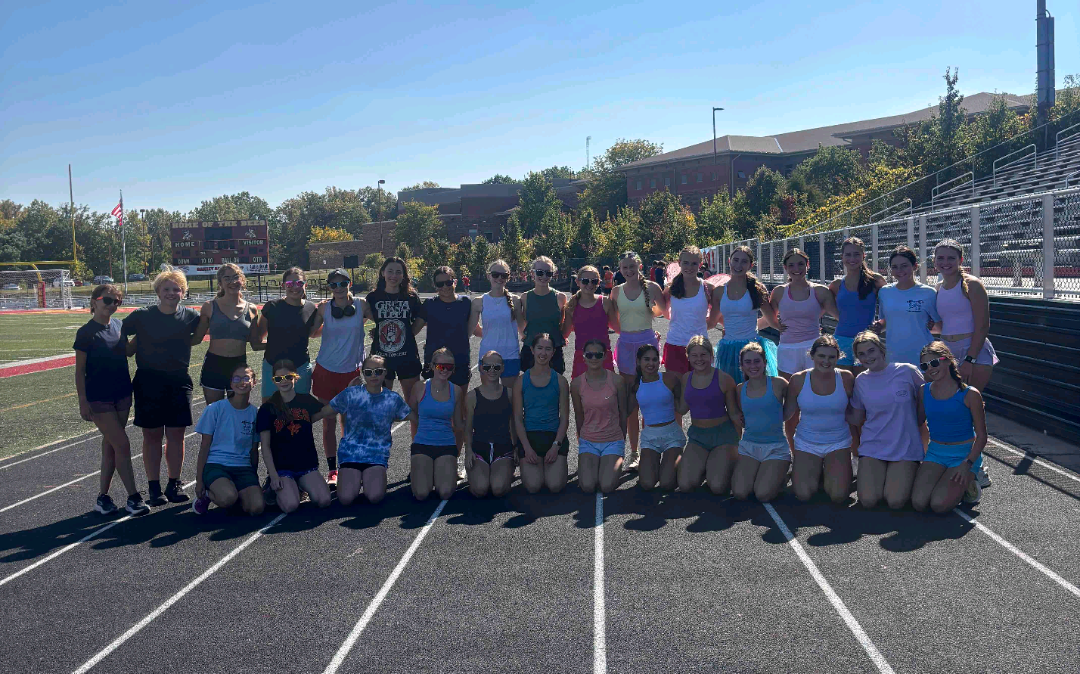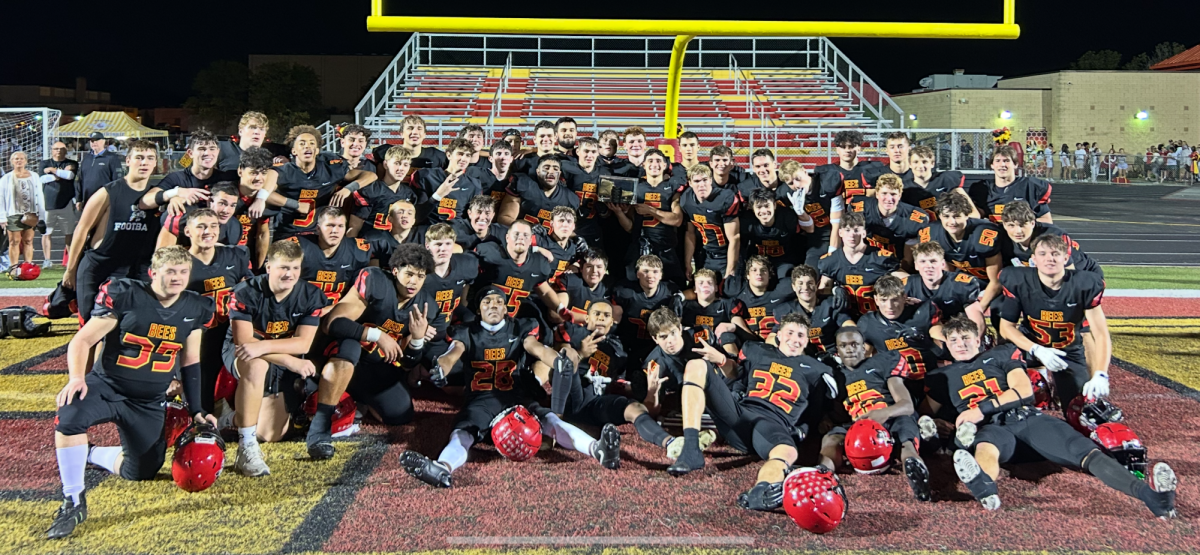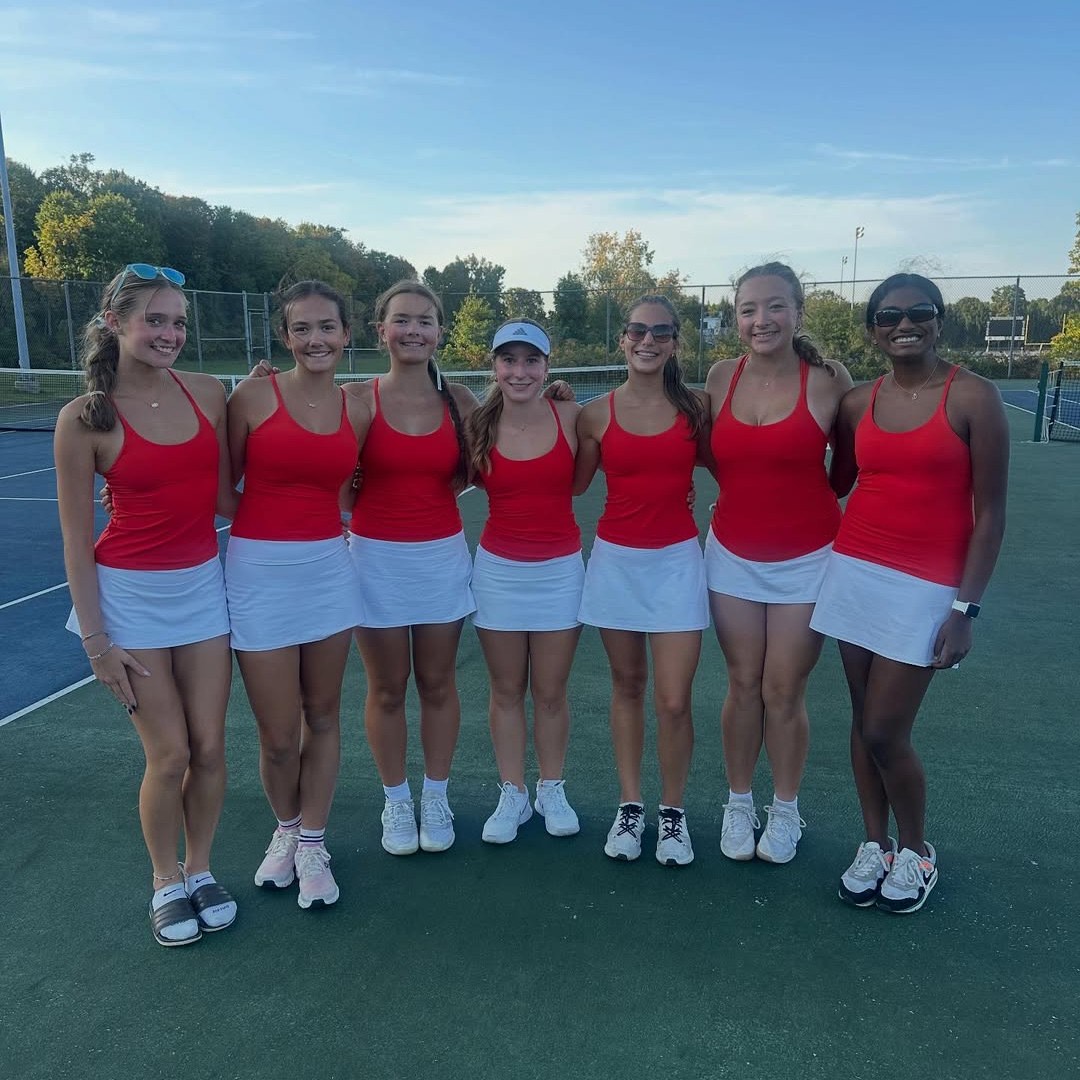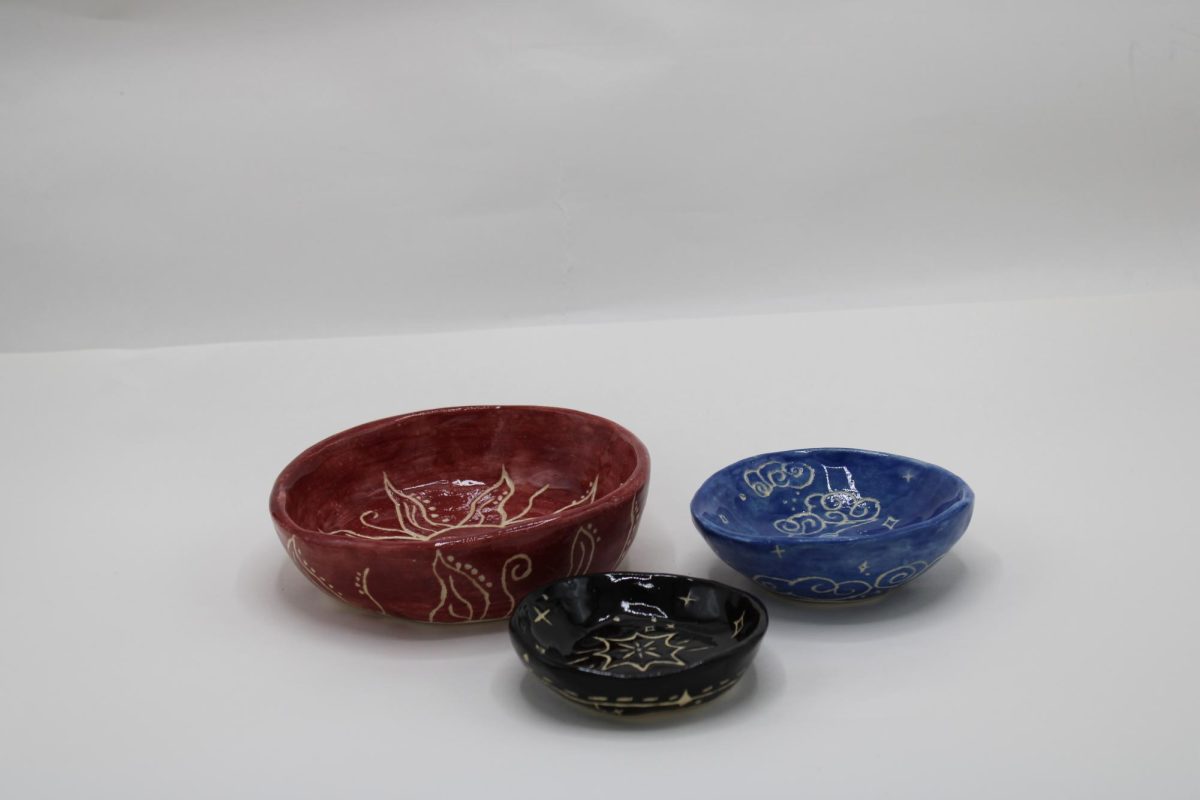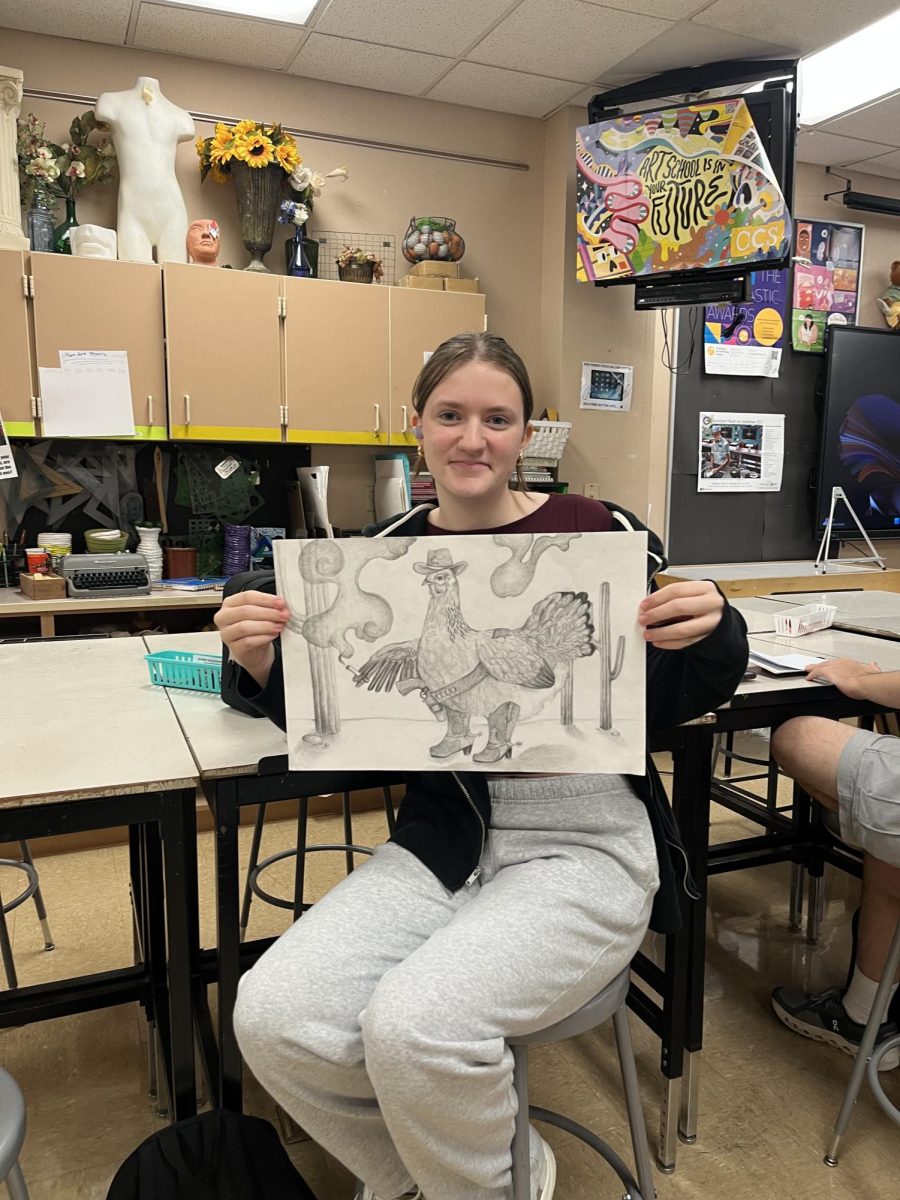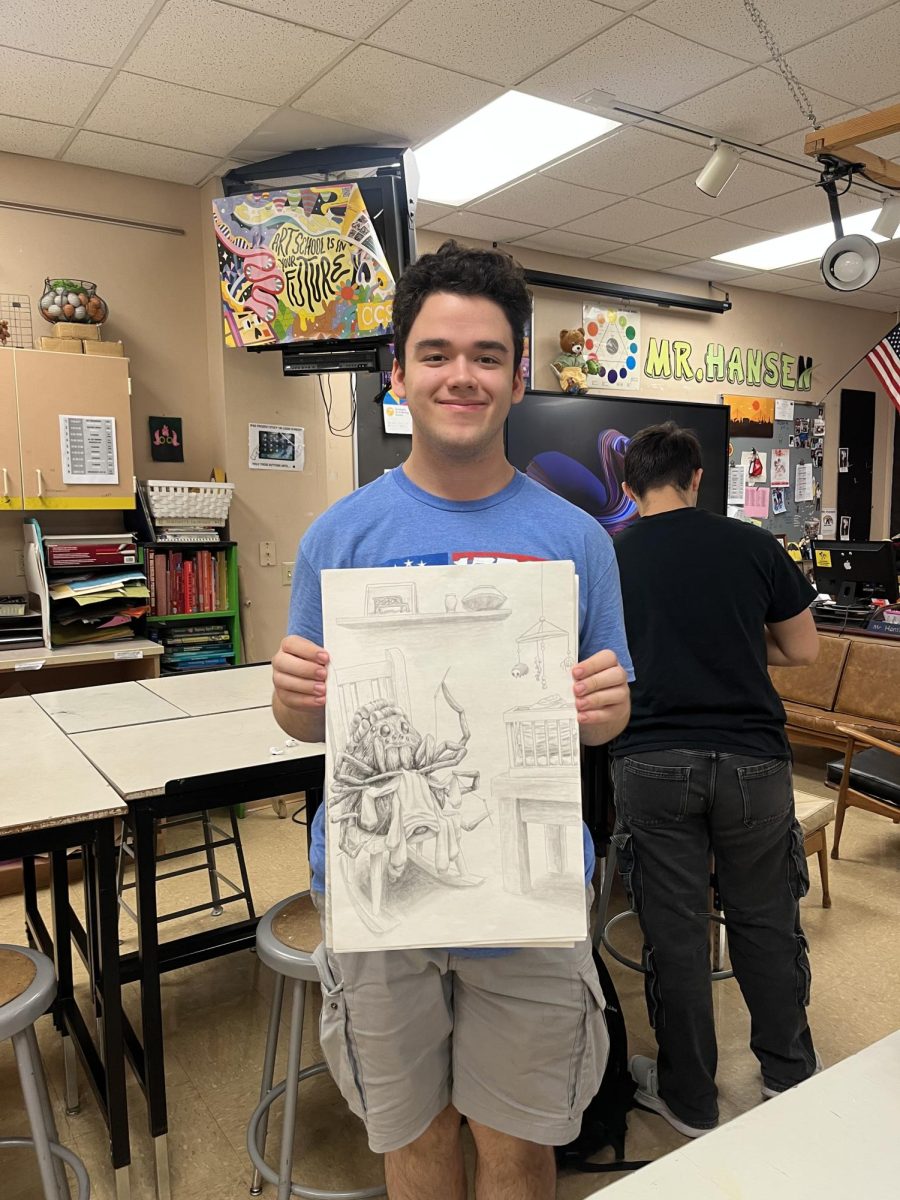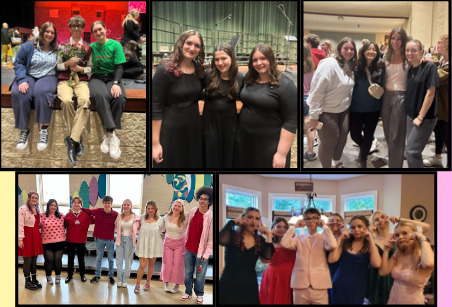Women’s History Month Encourages Girls to Run the World
March 7, 2023
“Each time a woman stands up for herself without knowing it possibly, without claiming it, she stands up for all women.” – Maya Angelou
Women from all over the world come together to celebrate the month of March, known as Women’s History Month.
In July of 1848, Elizabeth Cady Stanton and Lucretia Mott assembled the first woman’s rights convention in Seneca Falls, NY.
In August of 1920, women’s suffrage, the legal right of women to vote, was established nationally in the United States with the passage of the 19th Amendment to the U.S. Constitution.
In March of 1980, President Jimmy Carter issued the first Presidential Proclamation declaring the week of March 8th as National Women’s History Week. National Women’s History Week went on for 7 years before Congress decided to designate March as Women’s History Month.
Why do we celebrate Women’s History Month?
“We celebrate the countless women who have fought tirelessly and courageously for equality, justice and opportunity in our Nation,” wrote the White House website. “We also reaffirm our commitment to advancing rights and opportunities for women and girls in the United States around the world.”
We celebrate to recognize the accomplishments of women throughout history. From politics to science, it’s a chance to reflect on the empowering women who lead the way for change.
“I think it’s important to celebrate Women’s History Month to honor the contributions of amazing women who have come before us, highlight the need for opportunities and equality for all women, and to honor the work of women today. When you can see mentors doing jobs you’ve never seen before, you realize that anything is possible. If you don’t see those mentors highlighted, it’s difficult to see yourself in those roles,” said Kelli Izzo, assistant principal at Brecksville-Broadview Heights High School who says her daughter Ava is the woman who inspires her the most.
What woman inspires you the most?
Gina Hutter, English teacher at BBHHS says, “I am inspired by women like Eleanor Roosevelt who did not listen to the naysayers and went on to be politically separate from her husband, Mother Teresa who led with her heart and created a movement of caring for the impoverished, Simone Veil who redefined her life after the Holocaust to become a politician and work for human rights, or the Margaret Thatchers and Angela Merkel who made it in a man’s world.”
Candice Vendel, history teacher at BBHHS said, “I am not one to idolize anyone in history. People make amazing contributions, but they ALL also have flaws. Here is what I can say: I am inspired by women who rise above adversity. This could be a woman who breaks a cycle of abuse and escapes an abuser. Or a woman who works multiple jobs to feed, cloth and educate her children. Or a woman who breaks the traditions of patriarchy and enters a field in which women were previously banned. Finally, I am inspired by the choices that women make: women who choose to have children and women who choose not to have children inspire me because they are making these decisions for themselves.”
Who are some of the inspirational women in history?
➔ Malala Yousafzai, Pakistani female education activist and the 2014 Nobel Peace Prize laureate
➔ Toni Morrison, author who based her book on the true story of an African-American enslaved woman, first black woman to win the Nobel Prize in literature
➔ Clara Barton, founder of the American Red Cross, opened the first-ever free school, nurse in the American Civil War
➔ Ida B. Wells, American investigative journalist, educator, leader in the civil rights movement, one of the founders of the National Association for the Advancement of Colored People
➔ Harriet Tubman, American abolitionist, social activist, escaped enslaved woman who helped others gain their freedom as a “conductor” of the Underground Railroad
➔ Lilly Ledbetter, American activist, plaintiff in the United States Supreme Court case Ledbetter v. Goodyear Tire & Rubber Co. regarding employment discrimination, fought to achieve pay equity
➔ Ruth Bader Ginsberg, American lawyer and jurist, second female justice of the U.S Supreme Court, successfully fought against gender discrimination and unified the liberal block of the court
➔ Susan B. Anthony, American social reformer, women’s rights activist, who played a pivotal role in the women’s suffrage movement, collected anti-slavery petitions
➔ Elizabeth Cady Stanton, American writer and activist, one of the leaders of the women’s rights movement, helped secure reforms passed in 1860 which allowed women to gain joint custody of their children after divorce, own property and participate in business transactions
➔ Lucretia Mott, American Quaker, abolitionist, women’s rights activist, social reformer, first president of the American Equal Rights Association
How can we learn more and acknowledge the vital role women play in our society?
⇨ Watch movies directed by women and with female leads
⇨ Support a women’s nonprofit
⇨ Support women-owned businesses
⇨ Write a thank you note to a woman that inspires you
⇨ Support women authors and artists
⇨ Mentor a girl or fellow woman
“There is no limit to what we, as women, can accomplish.” – Michelle Obama








